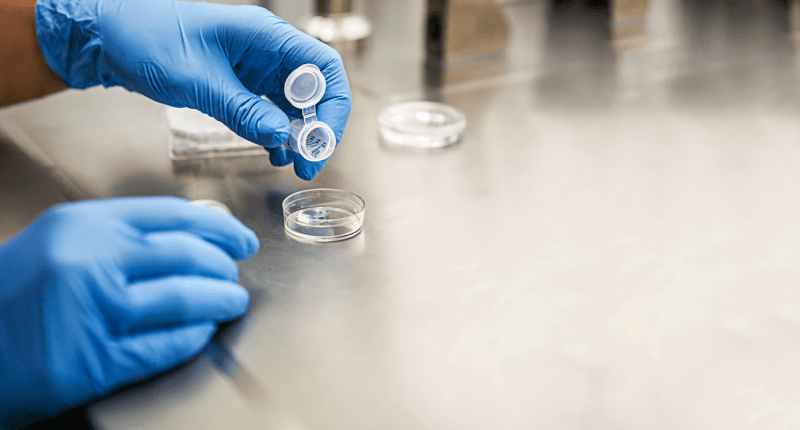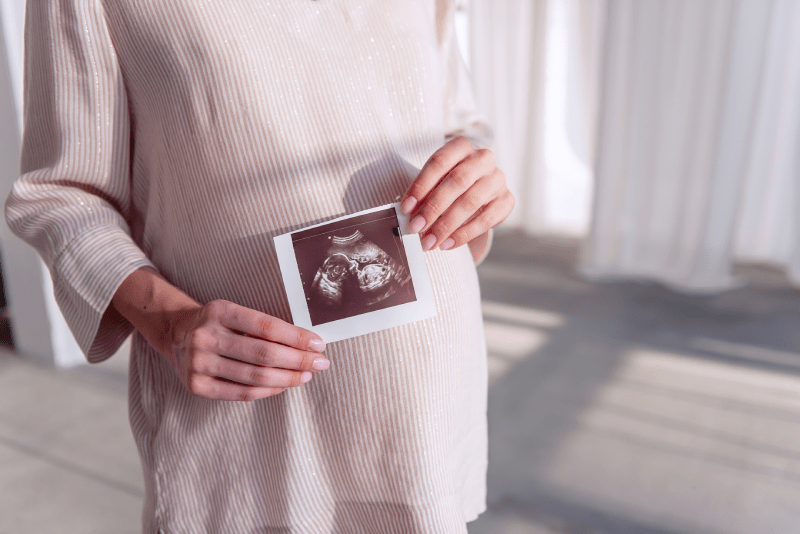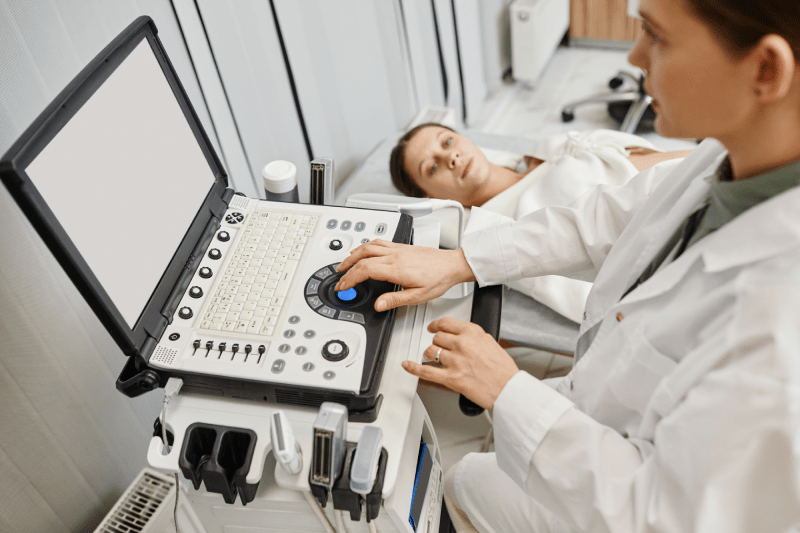Egg Collection and Embryo Transfer Procedures – Things to Consider After Egg Retrieval
What is IVF Egg Collection Procedure?
IVF, or in vitro fertilization, is a type of assisted reproductive technology (ART) used to help couples struggling with infertility to conceive a child. One of the key steps in the process of IVF is egg collection, also known as oocyte retrieval. In this article, we will explain in detail what the IVF egg collection procedure involves.
The IVF Egg Collection Procedure
Before egg collection, the woman will likely undergo a period of ovarian stimulation, during which she will take medications to promote the growth and maturation of multiple follicles in her ovaries. These follicles, which contain the woman’s eggs, will be monitored closely through ultrasound and blood tests. When the follicles are deemed to be mature, egg collection will be scheduled.
The egg collection procedure is typically performed under sedation or anesthesia, and usually takes about 20-30 minutes. Here are the basic steps of the procedure:
- Preparation: The woman will be positioned on an exam table, and the doctor will use ultrasound to visualize the ovaries and guide the needle for egg collection. A catheter will be inserted through the vaginal canal and into the ovaries.
- Egg aspiration: Using the catheter, the doctor will aspirate each follicle one by one, collecting the eggs within. The number of eggs collected can vary from a few to more than 20, depending on factors like the woman’s age and fertility.
- Aftercare: Once the egg collection is complete, the woman will be monitored for a brief period to ensure that there are no complications. She might experience cramping, bloating, or spotting after the procedure, but these symptoms typically subside within a day or two.
- Embryo development: The eggs will be examined by an embryologist, who will determine which ones are viable for fertilization. These eggs will be mixed with sperm in a laboratory dish to create embryos, which will be monitored for several days to determine which ones are healthy enough for implantation.
In conclusion, egg collection is a crucial step in the IVF process, as it allows for the creation of embryos that can be used to help couples achieve their dream of having a baby. While the procedure can be uncomfortable, it is relatively short and typically well-tolerated, and has helped many couples overcome infertility and build a family.

How Many Days Does The Egg Retrieval Take?
Typically, egg retrieval takes between 20 to 30 minutes, although it can vary depending on a variety of factors. These include the number and size of follicles being targeted, the position of the ovaries, and the type of anesthesia used. In general, the more follicles that are being accessed, the longer the procedure will take, although experienced practitioners and the use of more than one physician can help to shorten the duration of the procedure.
Factors that Influence the Duration of Egg Retrieval:
- Age: Women who are older tend to have fewer and smaller follicles, and, therefore, retrieval time is often shorter. Younger women may have more and larger follicles, and retrieval can, therefore, take longer.
- Number of Follicles: The more follicles a woman has, the longer egg retrieval typically takes. In some cases, multiple doctors may work together to perform the procedure more efficiently.
- Type of Anesthesia: The type of anesthesia used during egg retrieval can also impact the length of the procedure. Conscious sedation, where the woman is awake but sedated, may take longer as the patient can experience discomfort or be unable to move during the procedure. General anesthesia, where the patient is unconscious, can facilitate a faster and more successful egg retrieval.
Is Egg Retrieval A Difficult Procedure?
Egg retrieval is generally well-tolerated by most women as it is minimally invasive and short. The procedure typically takes between 20-30 minutes, and many women are able to return to normal activities the following day.
While the procedure itself is not considered difficult, it can be uncomfortable or stressful for some women. There may be some pressure, cramping or mild pain associated with the procedure due to the use of a needle to access the ovaries. However, the level of discomfort can vary depending on a variety of factors, including the woman’s tolerance for pain, the number and size of follicles being targeted, and the type of anesthesia or sedation used.
Women who undergo egg retrieval are typically provided with medication to help manage any discomfort or pain following the procedure. They may experience bloating or discomfort in the days following the procedure, which can be managed with over-the-counter medication such as ibuprofen. In rare cases, complications such as infection, bleeding, or damage to the ovaries or surrounding organs may occur, although these risks are minimized with proper monitoring and follow-up care.

Is Egg Retrieval A Painful Procedure?
Egg retrieval is often regarded as a relatively painless procedure, and many women do not experience significant pain or discomfort. However, some women may feel mild to moderate pain and discomfort during the procedure. The extent of discomfort during egg retrieval can depend on various factors, including the woman’s pain tolerance, the type of anesthesia or sedation used, and the number and size of the follicles being targeted.
Things to Consider Before Egg Collection in IVF
Egg collection is a crucial step in the in-vitro fertilization (IVF) process. It is a minimally invasive surgical procedure that involves the removal of mature eggs from a woman’s ovaries for later fertilization with sperm in a laboratory. Before undergoing egg collection, there are several important factors for couples to consider, including their overall health, financial resources, and emotional readiness for the IVF process.
- Consult with Your Healthcare Provider
Before undergoing egg collection, it is important to consult with a healthcare provider who specializes in fertility issues. They will evaluate your medical history and perform necessary tests to assess your overall reproductive health. This will help determine whether or not egg collection is a viable option given your particular circumstances.
- Financial Considerations
IVF procedures, including egg collection, can be expensive, and couples need to consider the cost of the procedure, medications, and additional treatments that may be required. It is wise to consult with an insurance representative to determine what is covered and what is not. Some clinics offer financing options that may help to offset the cost of the procedure. If you want affordable and successful IVF treatment without paying unnecessary expensive prices, you can contact us.
- Emotional Readiness
IVF can be an emotionally challenging time, and it is essential for couples to be prepared for the stresses that come along with it. Couples should be aware that the IVF process can be time-consuming and may not always result in a successful pregnancy. Striving to remain positive and support each other throughout the journey is essential.
- Timing of Egg Collection
Women seeking egg collection should be aware of the timing of the procedure. Egg collection usually takes place two weeks before the expected menstrual cycle, but the timing can vary depending on the woman’s personal menstrual cycle. The timing of the procedure may also depend on the specific IVF protocol being used.
- Preparing for Egg Collection
Before undergoing egg collection, women must follow specific instructions provided by their healthcare provider. These instructions may include dietary and lifestyle recommendations and medication guidelines. Women may also need to plan for time off from work, arrange for transportation to and from the clinic, and ensure that someone is available to help them during the immediate recovery period.

Things To Consider After IVF Egg Retrieval
Egg retrieval is a significant step in the in-vitro fertilization (IVF) process. After the procedure, women need to take extra care of themselves to ensure a successful outcome. Although many women experience only mild discomfort following egg retrieval, it is still important to take certain precautions and avoid certain activities to promote healing and prevent complications. In this article, we will explore some key things to consider after egg retrieval.
- Rest and Recovery
After the egg retrieval procedure, women should take some rest and avoid strenuous activities for a few days to allow the body to heal. It is essential to remain active, but limit physical activities, such as heavy lifting or strenuous exercise for a week or two after the procedure. Resting and allowing the body to heal is essential.
- Medications
Following the egg retrieval procedure, women will be prescribed medications by their healthcare provider. It is essential to follow the instructions provided by the doctor regarding the dosage and timing of medication administration to ensure adequate pain relief and prevent complications. Patients should contact their physician immediately if they experience any unusual symptoms or side effects.
- Hydration and Nutrition
It is critical to remain hydrated and consume a healthy and balanced diet following egg retrieval. Drinking plenty of water and fluids will help prevent complications such as dehydration, constipation, or bloating. Eating a nutrient-rich diet can also help to boost the body’s recovery and reduce inflammation.
- Avoiding Certain Activities and Habits
It is essential to avoid certain activities and habits after egg retrieval, such as smoking, drinking alcohol, and sexual activities for at least one week following the procedure. These activities can reduce chances of success and pose a risk of infection.
- Follow-Up Care
After egg retrieval, it is also important to closely follow up with the healthcare provider to ensure proper recovery and to monitor potential complications. Women should report any unusual symptoms or pain as soon as possible to the healthcare provider.


